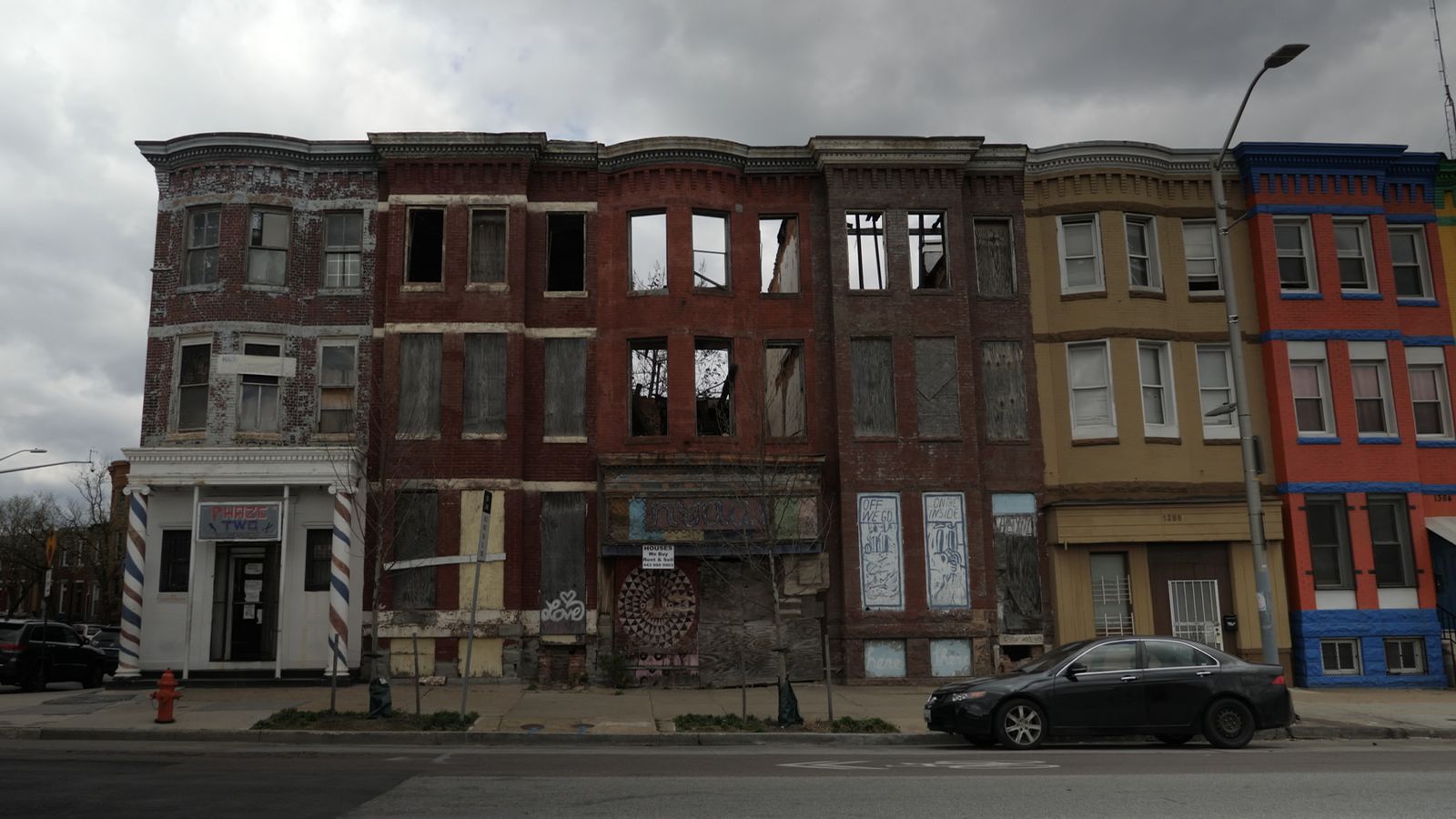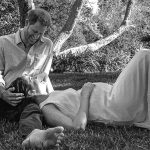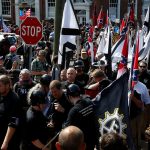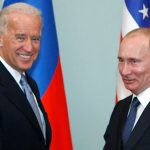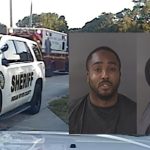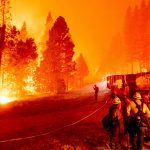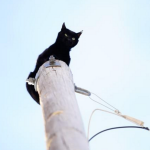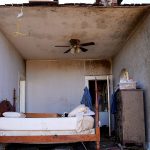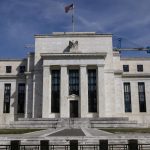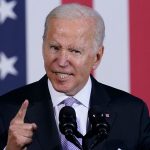There is a stark hopelessness in the suburbs of this city.
If there was an expectation that the trial of Derek Chauvin a thousand miles away in Minneapolis would represent a turning point for America, then a place like Baltimore provides a troubling reality check.
Signs of poverty, hunger and addiction are everywhere, and it’s a place with a history of confrontations with the police where the suspect ends up dead.
A path through poverty
Baltimore provides a snapshot of an urban America where there is so often a path from poverty and inequality to violence and clashes with a law enforcement apparatus which activists say is inherently racist.
In the streets of the northern suburbs, many of the terraced houses are boarded up. Some are totally derelict.
Those who found opportunity have, long ago, abandoned this place. And yet it is still home for so many trapped in a poverty that, here, is overwhelmingly black.
In 2015, these streets erupted in a wave of protests. It was a reaction to the killing, that April, of Freddie Gray.
The 25-year-old was arrested for possessing a knife. He died in the back of a police van and no one was convicted.
He’d grown up on these streets; a life which, maybe, was always to seal his destiny.
Kwame Rose, one of the 2015 protesters, told me police brutality is only the end of a path through a broken society.
He said: “Freddie Gray was dead before he ever got into that police wagon because he never had the chance to live. He was born into circumstances and to a living condition that is not set up for him to make it past the age of twenty five…”
“America as we know it was set up on oppression, the enslavement, the murder, the rape of Black people,” Mr Rose says.
Abolish the police?
Like many here, Mr Rose calls for the wholesale reformation of American police forces.
He said: “I don’t think it’s about rooting out corrupt cops at this point because one bad apple spoils the whole bunch. Right now, we’re dealing with a rotten tree. It’s about cutting the whole tree down…
“We do not need policing as it currently exists. We need to abolish police. There is no other option. Police departments across this country have shown they cannot be reformed, they cannot be fixed. Communities can police themselves.”
“Can they though?” I ask.
“Yeah! If you invest. Right? The reason crime is prevalent is because there’s no grocery store within miles of that place. But there’s liquor stores, right? There’s no jobs. But there’s dope. There’s dope stashes. Right?”
On a street corner, we meet father-of-two Steve. He’d approached us to find out what we were up to and we got talking.
“How hard is it being a dad in a neighbourhood like this?” I ask.
He replies: “It’s hard because when you’re trying to live and pay bills and also make your kids happy. It’s hard. It’s a struggle.
“We need resources that teach us to get jobs. You can say you can teach us something, but you don’t teach us nothing.”
The complaints about huge disparities in the nation’s education system are widespread.
“…and I didn’t get an education in school.” Steve says. “Mine came from prison.”
“What were you in prison for?” I ask.
He said: “Attempted murder, assault, different things. I’ve been home almost fifteen years. I’m still home. I’m a good person, I got a genuine heart.”
It’s clear that a wrong turn for Steve over those past 15 years in this neighbourhood could easily have changed his fate.
Hunger and racism
Up the road, JC Faulk runs an organisation called “An End To Ignorance”.
We meet at his food bank. Hunger is a huge problem in struggling communities across the country. The pandemic has made things even worse.
Next to a line of cars that stretches around several blocks, JC explains the link between hunger and racism. The food handouts are his way of trying – bottom up – to fix a broken system.
He says: “I spent 30 years of my life trying to end racism. And it’s miserable.
“It’s a miserable life because I would never have ended racism. I have shifted my view and I’m trying to end things that fuel racism, that fuel oppression and marginalisation of people.
“One is food. If I can give somebody food then I can take away one of the pillars that gives racism power.”
An echo of the George Floyd case
JC introduces us to Tawanda Jones who lost her brother in a confrontation with police on these same streets back in 2013.
Tyrone West, 44, was stopped by police in his sister’s car for a traffic violation. Cocaine was allegedly found in his sock though it later went missing while in police possession.
In circumstances which echo the death of George Floyd, Mr West died in handcuffs during a confrontation with the officers.
An initial autopsy revealed no serious injuries or signs of asphyxia. His alleged bad health and the hot weather were blamed and no officers were charged.
However a subsequent independent forensic examination was ordered which concluded “the main cause of death is the fact that he was restrained in such a way that he was unable to breathe”.
The original coroner responsible for Mr West’s autopsy was David Fowler, the same man who acted as a defence witness in Derek Chauvin’s trial for the killing of George Floyd.
“It’s systemic racism. And until we weed that out, we’re going to be back at the start,” Mr West’s sister Tawanda tells me.
“And how do you weed that out?” I ask.
“How do you weed it out? To me is knocking it down, building it back up unfortunately.
“A revolution. I’m sorry. Like, I never used to talk like this. I’m always big on reform, change. But nothing has changed. It’s getting worse.”
JC Faulk says there is a clear thread which leads from the hopelessness all around us to the moment where Tyrone West or Freddie Gray or George Floyd ends up in a confrontation with police.
“It’s everything. It’s everything.” he says.
“I’ve seen people, man, they get to the last breath, if you can imagine a cop on you or they’re tracking you down; you get to your last breath, people will fight.
“They will fight because the system is not giving them what they need or the system is taking what they have from them. People will fight.”
Beyond police reforms
Against the wishes of the Republican governor, the state of Maryland, where Baltimore is located, has gone further than any other in the country to push through sweeping police reform legislation.
It’s a moment certainly, making the police accountable for their actions. But it’s so clear that this crisis for America goes well beyond police brutality.
Walk these streets, spend time with the people here, and it’s clear this land of opportunity is cruelly selective.
